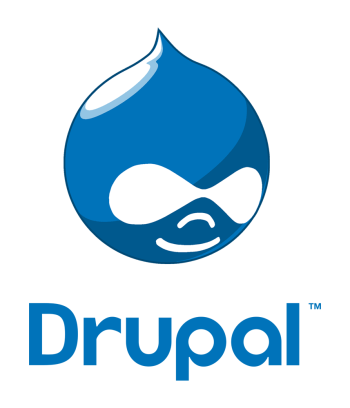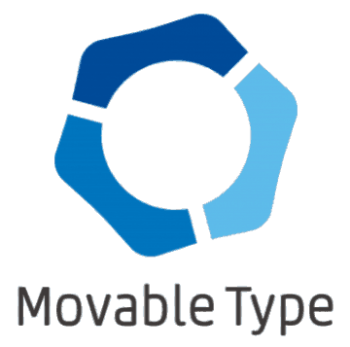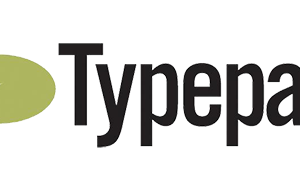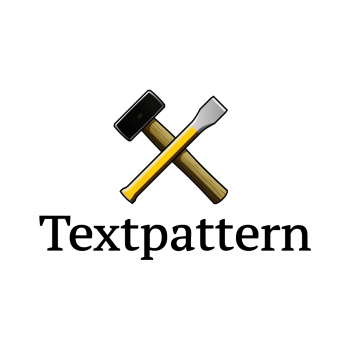 If you are a novice web developer, you will be confused about the content management system (CMS) that must be implemented on your website. Plenty of software packages (free and proprietary) are available and only the adept web administrators can identify the vantages of a suitable CMS. In the succeeding sections, I will be explaining the advantages of Drupal. Examples of notable websites developed using Drupal include the official website of the Whitehouse and this car theft website. In fact, many other portals maintained by the federal government make good use of the same CMS platform. Despite humble beginnings as a blogging platform, this web publishing package could conquer heights (and minds) effortlessly.
If you are a novice web developer, you will be confused about the content management system (CMS) that must be implemented on your website. Plenty of software packages (free and proprietary) are available and only the adept web administrators can identify the vantages of a suitable CMS. In the succeeding sections, I will be explaining the advantages of Drupal. Examples of notable websites developed using Drupal include the official website of the Whitehouse and this car theft website. In fact, many other portals maintained by the federal government make good use of the same CMS platform. Despite humble beginnings as a blogging platform, this web publishing package could conquer heights (and minds) effortlessly.
If you plan to make your website search engine friendly, then you must develop the portal using Drupal. Increasing the page ranking of a website will play out to be highly feasible to the web administrator. Another term that you might come across is “modules”. Modules are nothing but plug-ins meant to augment the overall functionality of a website. Innumerable modules are available for Drupal. Hence, you can customize the portal according to your necessities – swiftly, easily and effectively. Conflicts between modules might arise sometimes; you must be wary of such consequences before implementing them on your website.
Thirdly, you might also like the online help feature included natively with Drupal. The open source nature of the product enables many millions of developers to study and fine-tune the default source code. The active community will ensure the quick removal of bugs and various other kinds of errors. If you are a power user, you are going to like the customization options included with Drupal. The integrity of the website does not falter and many web developers utilize the same because of this robustness of the platform. The website administrator can also grant additional permissions to the users effortlessly.
A search module has been built into Drupal CMS. You need not have to rely on third-party modules to search the website contents. The users can authenticate using inbuilt technologies or third party platforms. This adds additional security from various types of vulnerabilities. One of the best aspects of Drupal is the ability to flex the inbuilt functionality. For instance, if you wish to start a poll on your website, you can do it very easily. Likewise, the administrator will have a deep insight into the changes made in the website by the other users. Did I forget to mention the built in caching ability of Drupal?
RSS and XML feed facility is also present with Drupal. The visitors might opt for the same if they feel the necessity to keep in touch with the newer content posted on the website. In fact, with Drupal, you can always aggregate news feeds from external sources and display it on your website. Read the help documents that are available in the official portal. The multilingual feature of Drupal will enable web administrators to deploy a fully customizable portal within minutes. As with all other CMS software packages, the website administrator can tweak the various aspects of his website using a browser window!






